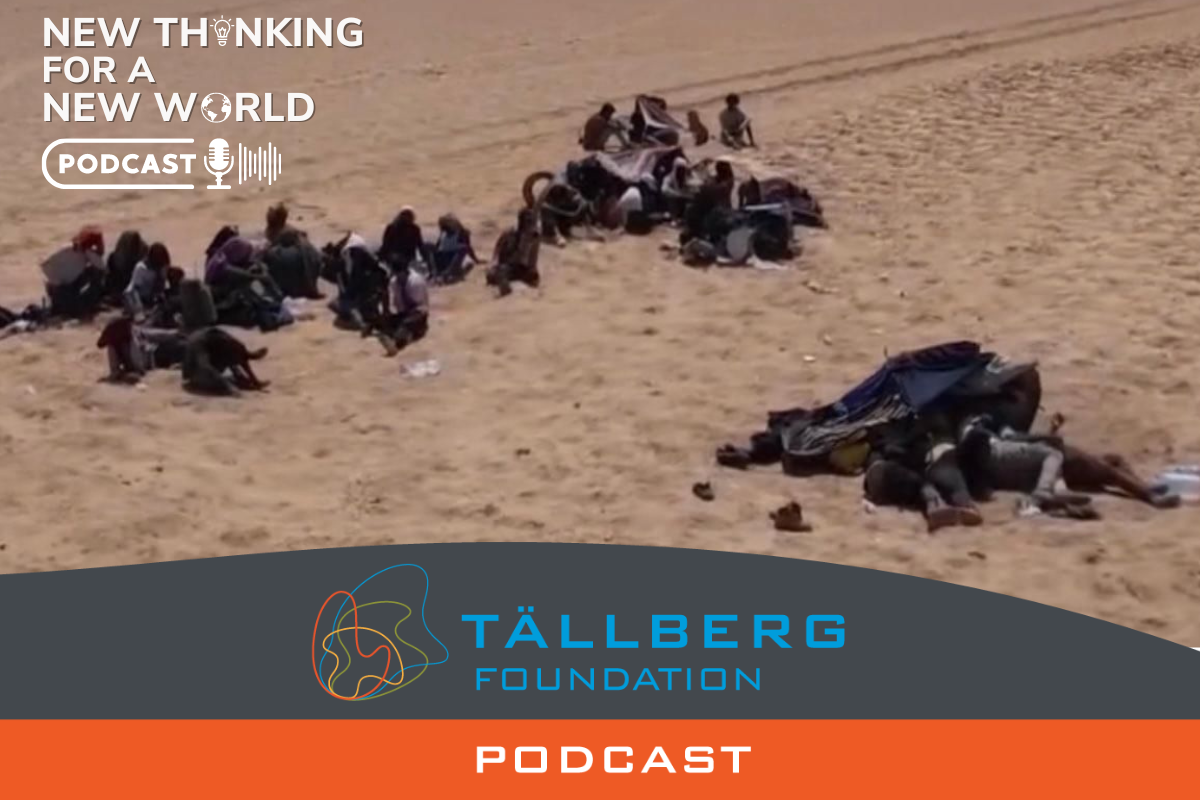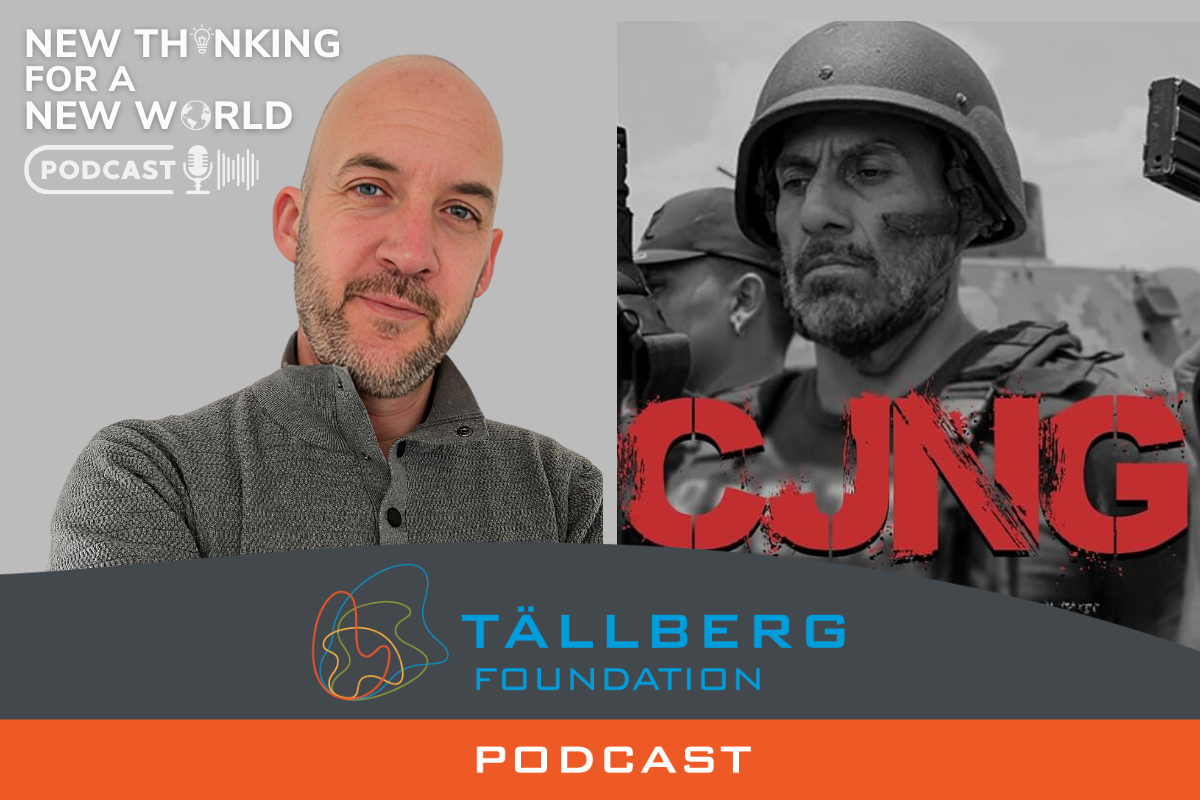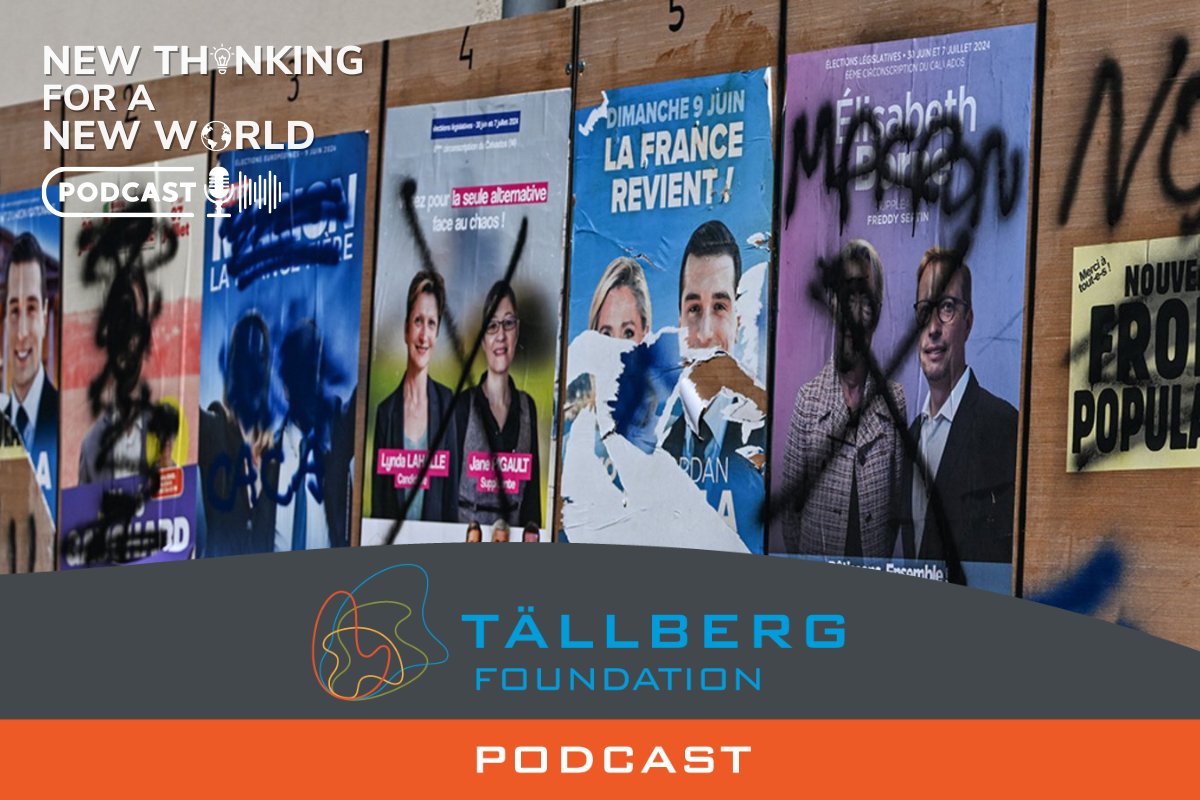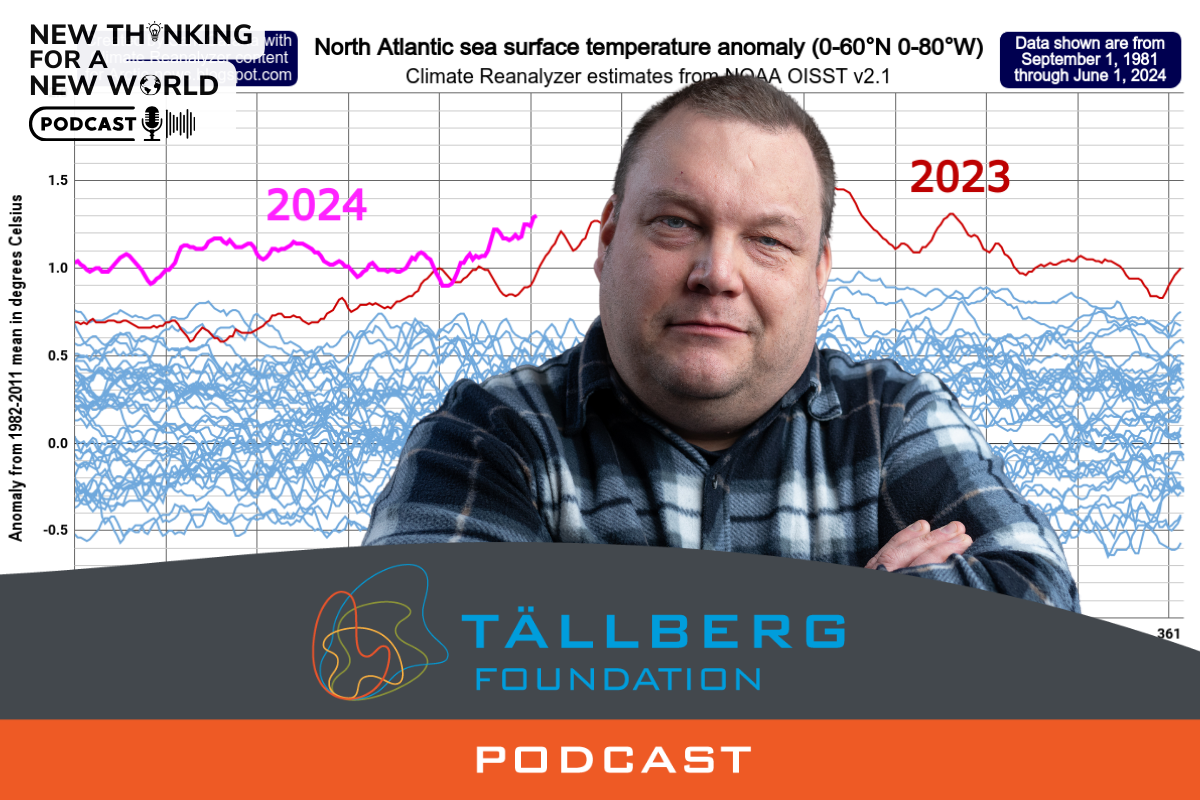European politicians talk endlessly about the rule of law, justice, human dignity and freedom of movement. But those words fade fast when the issue of migration pops up, replaced by endless efforts to stop migrants and refugees at the border or, failing that, strand them in border countries or imagine ways to push them back across the EU borders.
Of course, this same dynamic exists in the United Kingdom, the United States, Australia and other destination countries where concerns about migration are being weaponized by politicians who recognize political opportunity when they see it. In a year when Europeans will choose a new EU Parliament, the Americans a new president, and scores of other countries new leaders, migration seems to be on the ballot as much as democracy itself.
How should migrants, refugees, and asylum seekers be treated? How to balance political forces and legal commitments. Can the obvious competition to harden borders, be reversed? And from where will the leadership come for better policy?
Sergio Carrera, a migration expert at the Centre for European Policy Studies in Brussels, thinks that much of what passes for European migration policy is deeply flawed not only because it violates basic European values, but also because it is ineffective.
What do you think: should Europe welcome more migrants and refugees?
Listen to the episode here or find the New Thinking for a New World podcast on a platform of your choice (Apple podcast, Spotify, Google podcast, Youtube, etc
ABOUT OUR GUEST
Sergio Carrera is Senior Research Fellow and Head of the Justice and Home Affairs unit at CEPS. Sergio is also Visiting Fellow at the Migration Policy Centre (MPC) in the European University Institute (EUI) in Florence (Italy), Visiting Professor at the Paris School of International Affairs (PSIA) at Sciences Po (France), and Honorary Professor at the School of Law in Queen Mary University of London (UK).
His main research interests are on EU justice and home affairs (JHA) law and Area of Freedom, Security and Justice policy, with particular focus on migration, asylum, citizenship and Schengen policies. His areas of expertise also cover EU criminal justice law and police cooperation, and their impact on data protection/privacy and the rights of the defence.





It seems that the two approaches (reducing immigration AND improving the conditions in developing and LDC countries) that are the governmental flagship of betterment are NOT working. Although the reasons for both of these failures, although different, are less complex than one think, I argue that we engage both in a way that is contrary to our global education. The G20 have developed values that go against those approaches. Developed and LDC countries have been brainwashed to believe that the goal is the wealth of the G20. Therefore, it is only by addressing the education system that we will reach a fairer world. In other world, the G20 and the like, have pursued goals that brought us where we are. As long as we long for these goals, these approaches can’t succeed. And again, to change these goals, we need to educate ourselves (adults and young) so that we long for something else. For the developing/LDC countries this means being allowed to move from existential to potential. For developed and overdeveloped countries, this means, stopping material greed, obscene wealth, and environmental destruction. The tools to do this are known. We simply do not do them. I am back to education and the importance of training individuals at all ages to engage with diversity and change if we are to achieve any of this. Yes, I hear you, in the short term, if there is any such things, we need a global consensus between a majority of governments to agree on a path to sustainability. Here the SDGs are a good beginners’ guide. Finally, this consensus need to have teeth. We therefore need, as we figured out in the ’50s and have forgotten since, a strong global Institution. No need to reinvent the wheel, we have the UN, but as you know, it needs to become a earthling institution, not a G7 institution 😉
For what its worth, and with love,
Jacques